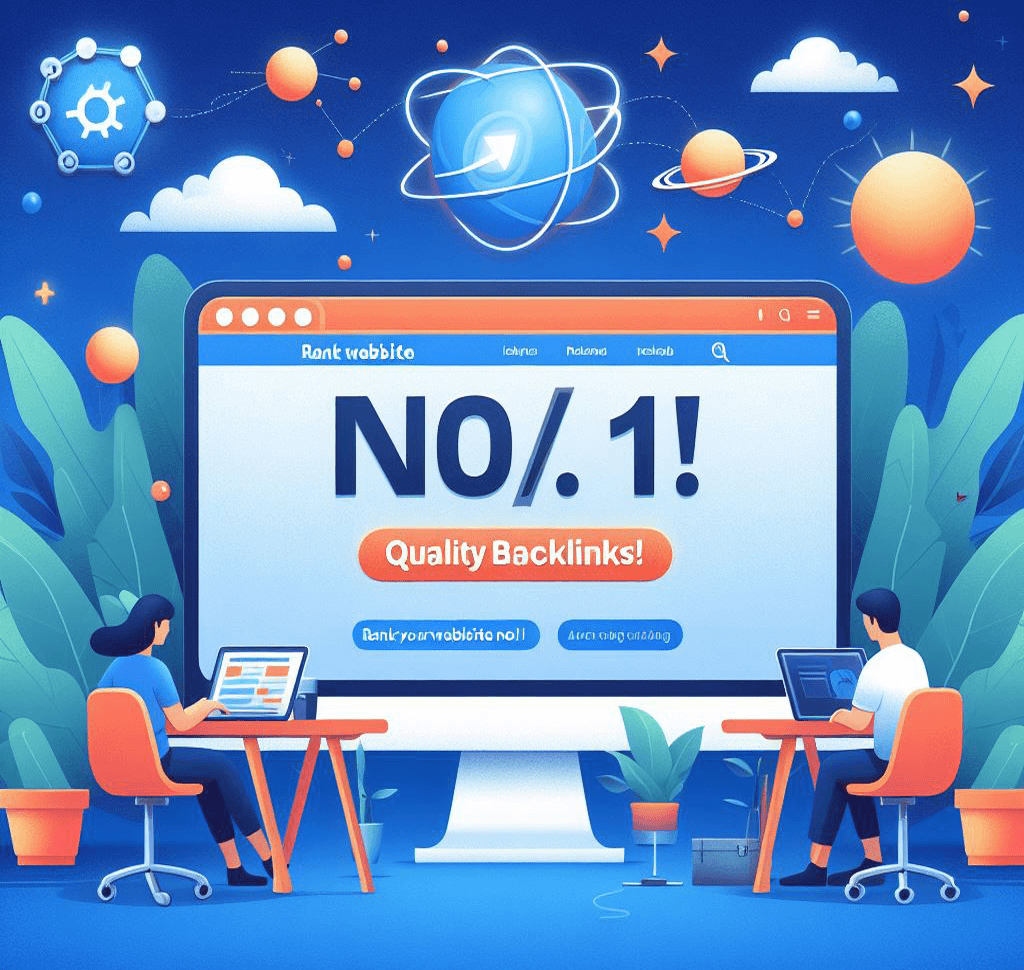In today’s fast-paced and ever-changing business landscape, it is essential for companies to build a resilient business model that can adapt to the challenges posed by changing markets. A resilient business model not only helps organizations survive during uncertain times but also positions them to thrive and grow in the face of adversity. In this article, we will explore some effective strategies that can help businesses build a resilient business model.
1. Diversify Your Revenue Streams
One of the key strategies for building a resilient business model is to diversify your revenue streams. Relying too heavily on a single product or service can leave your business vulnerable to market fluctuations. By diversifying your offerings, you can spread the risk and ensure a more stable income stream.
This can be achieved by expanding your product or service line, targeting new customer segments, or entering new markets. Additionally, exploring alternative revenue sources such as partnerships, licensing, or subscription models can further strengthen your business’s resilience.
2. Embrace Innovation
Innovation is crucial for staying competitive in changing markets. Embracing innovation allows businesses to adapt to new trends, technologies, and customer demands. By continuously seeking ways to improve and evolve your products, services, and processes, you can position your business as a leader in the market.
Encourage a culture of innovation within your organization by fostering creativity, empowering employees to take risks, and investing in research and development. By staying ahead of the curve, your business can better navigate changing market dynamics and identify new growth opportunities.
3. Build Strong Customer Relationships
Building strong and lasting relationships with your customers is another critical aspect of building a resilient business model. By understanding your customers’ needs, preferences, and pain points, you can tailor your offerings to meet their expectations, even in changing market conditions.
Invest in customer relationship management (CRM) tools and systems to gather and analyze customer data. This will enable you to personalize your marketing efforts, provide exceptional customer service, and anticipate and respond to changing customer demands.
4. Foster Agility and Flexibility
In a rapidly changing market, agility and flexibility are key attributes of a resilient business model. Being able to quickly adapt to new circumstances and seize emerging opportunities can give your business a competitive edge.
Encourage a culture of agility within your organization by empowering employees to make decisions, fostering open communication, and embracing change. Implementing agile project management methodologies can also help your business respond swiftly to market shifts.
5. Stay Informed and Anticipate Trends
Staying informed about industry trends, market dynamics, and emerging technologies is crucial for building a resilient business model. By keeping a pulse on the market, you can anticipate changes and proactively adjust your strategies and offerings.
Invest in market research, attend industry conferences and events, and leverage data analytics to gain insights into customer behavior and market trends. This will enable you to make informed decisions and stay one step ahead of the competition.
6. Cultivate a Strong Company Culture
A strong company culture can significantly contribute to building a resilient business model. A culture that values collaboration, adaptability, and continuous learning can help your business navigate challenges and embrace change.
Invest in employee development programs, foster a positive work environment, and encourage cross-functional collaboration. By empowering your employees and creating a sense of ownership, you can build a resilient workforce that is equipped to navigate changing markets.
Building a resilient business model is essential for long-term success in today’s dynamic business environment. By diversifying revenue streams, embracing innovation, building strong customer relationships, fostering agility, staying informed, and cultivating a strong company culture, businesses can position themselves to thrive even in the face of changing markets.



